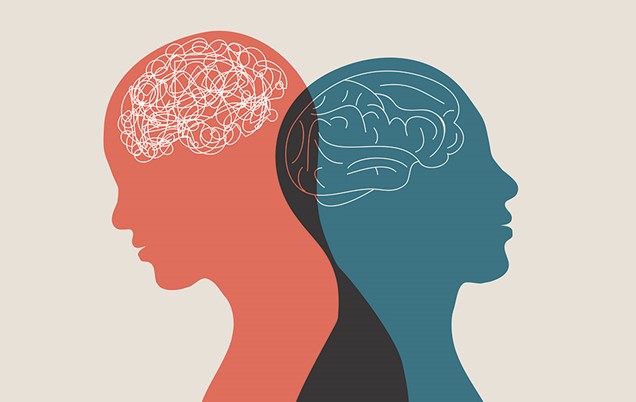Some studies have found positive effects from the consumption of supplements, but the evidence is limited.

Collagen gained popularity as an ingredient in some anti-aging creams, but the current uses of this compound, which we can naturally find in our bodies, are diverse. Among them, collagen (or collagen peptides) has become one of the many dietary supplements available on the market.
Regarding its effectiveness, doubts still remain.
First of all, let’s remember what collagen is. This compound is a protein, the most abundant in our bodies: it represents 30% of the total protein in our body. Collagen is abundant in our skin (accounting for 70% to 80% of its dry mass) and in our cartilage.
In fact, we might need to talk about collagen as a family of proteins, as there are 28 different types known, although types I to V are the most relevant in our bodies. Moreover, 90% of the collagen in our body is of a single type, type I.
The function of this collagen is to “structure” tissues such as skin, bones, or tendons. Other types of collagen can be found in our cartilage, muscles, and skin. They are also present in our eyes, specifically in the cornea.
Collagen is popular as an anti-aging treatment. To understand why, we must consider its role in providing structure and elasticity to the skin. Collagen is naturally synthesized by our body, but as the years go by, we lose this ability.
Our skin loses collagen, which is one of the reasons why wrinkles appear with age. The idea is that by applying collagen externally, our skin can regain its elasticity, thereby reducing the appearance of wrinkles. However, it is not as simple as just adding collagen to a cream.
Administering collagen externally to our body is a complicated task. When applied to the skin, it does not penetrate deep enough to reach the areas where it needs to act. When consumed orally, our body breaks it down before it can be absorbed.
The solution found by the industry is collagen peptides. Peptides are fragments of a protein made up of two or more amino acids. The idea is that by consuming these “ingredients,” we can help our body produce collagen more easily.
Various Uses

Collagen has become a popular supplement due to its alleged benefits for our skin, but this is not the only use of collagen as a nutritional supplement.
Collagen has been proposed, for example, as a remedy for joint pain caused by osteoarthritis. It has also been suggested as a way to prevent bone mass loss: as we age and lose our ability to produce collagen, our skin is not the only thing affected; our bones are also impacted.
There is also the idea that administering collagen may help us gain muscle mass, facilitating the creation of greater muscle volume. Perhaps for this same reason, some suggest that collagen can improve the health of what is probably the most important muscle in our body: the heart.
The list of potential benefits continues: gastrointestinal health, hair and nails, brain function, and it might even help us lose weight.
Now, are there any evidences to support all this? The answer depends: first, on which use we are referring to, as some are better studied than others; second, on the level of evidence we require.
Probably, the effect of these supplements on the skin is the best documented. In 2021, a group of researchers published a meta-analysis on this topic in the International Journal of Dermatology, a quantitative study based on the results of other studies. The team analyzed 19 previous studies involving 1,125 participants.
The team found that the studies detected, on average, a positive effect on skin firmness and hydration. However, the team warned of a significant limitation in the studies, which is that they did not analyze collagen itself but commercial supplements that included other components like vitamins or minerals.
One problem with supplements is that, even if they help our body produce more collagen, there is no way to ensure that it will concentrate in the area we desire, whether that be our skin, hair, etc. Giving our body the tools to do something is not the same as giving it the instructions, so these supplements may not achieve the levels of effectiveness we would expect.
There are alternatives. For example, a varied diet rich in amino acids, the molecules that act as links in proteins.
We must also consider that age is not the only factor affecting our body’s ability to generate endogenous collagen: tobacco and alcohol use, lack of physical activity, insufficient sleep, and sun exposure can hinder our body’s ability to perform this task. This is one of the reasons why merely protecting our skin from solar radiation is so important in keeping it youthful.




